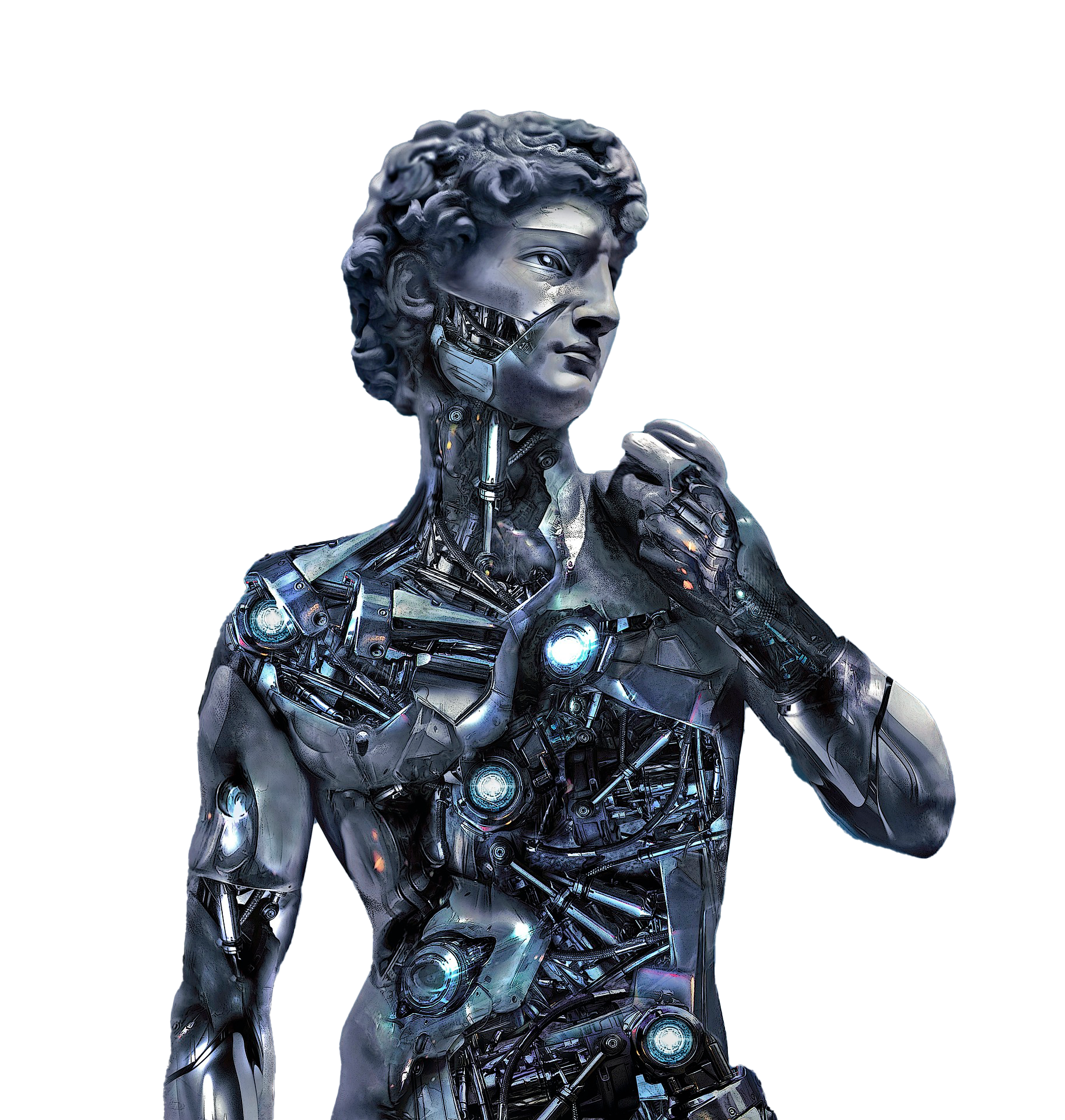
A Brief History
The history of Artificial Intelligence

The history of Artificial Intelligence
1950
In 1950, Alan Turing, an English mathematician, proposed a test now known as the Turing Test to determine whether a machine could think. In his paper titled "Computing Machinery and Intelligence," he stated that if a machine could mimic human conversation so well that a person could not distinguish it, then the machine could be considered intelligent.
1956
This year marks the starting point of AI as a discipline at the Dartmouth Summer Research Project on Artificial Intelligence (Dartmouth Conference). At this conference, the term "artificial intelligence" was first introduced by John McCarthy, Marvin Minsky, Nathaniel Rochester, and Claude Shannon.
1950s - 1960s
Researchers began developing AI programs capable of performing simple tasks such as playing chess and solving logical problems. One famous program from this period is the "Logic Theorist" developed by Allen Newell and Herbert A. Simon in 1955.
1970s
There was a wave of great optimism in AI development. However, the limitations of computer technology and difficulties in developing truly intelligent systems led to a period known as the "AI Winter," where research funding and interest in AI drastically declined.
1980s
AI revived with the emergence of expert systems designed to mimic the knowledge and decision-making processes of human experts in specific fields. Expert systems such as MYCIN in the medical field became successful examples.
1990s - 2000s
Advances in computer technology, especially in processing speed and storage capacity, enabled the development of more complex AI algorithms. Machine learning and neural networks began to develop rapidly.
2010s - Present
Deep learning, a branch of machine learning that uses very deep neural networks, has led to major breakthroughs in various AI applications such as image recognition, natural language processing, and autonomous vehicles. Major tech companies like Google, Facebook, and Microsoft invest heavily in AI research and development.
Present
AI continues to develop rapidly, with increasingly wide and diverse applications. Ethical and safe AI development becomes a crucial focus amid the growing capabilities and adoption of AI technology across various sectors.